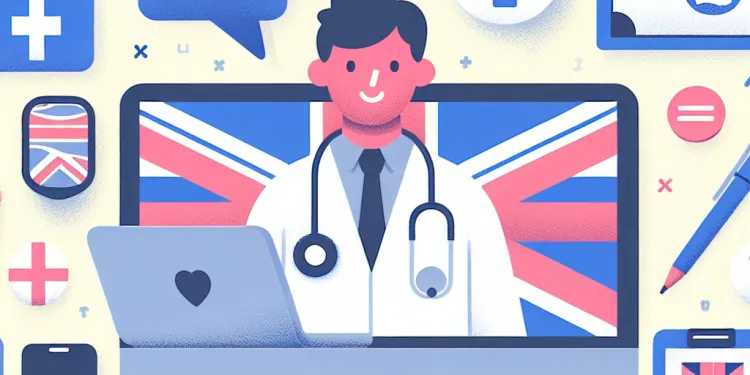
Find Help
More Items From Ergsy search
-
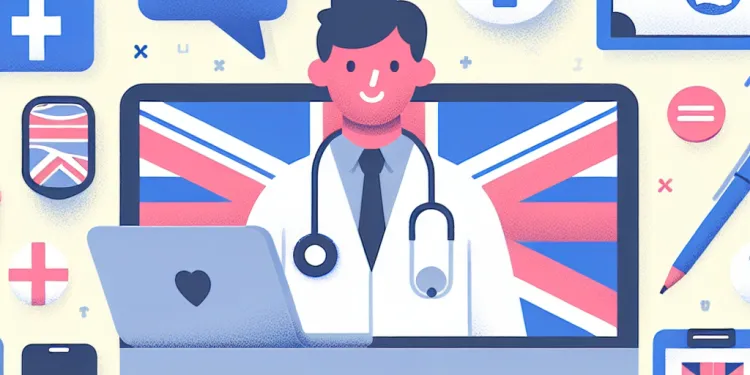
What support systems are available to NHS nurses for continuing professional development?
Relevance: 100%
-
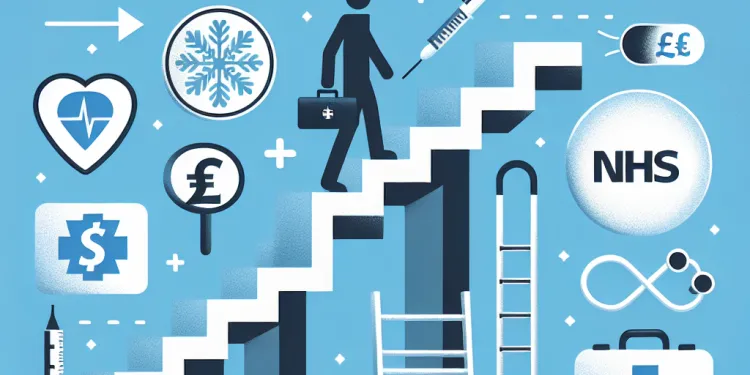
What are the career progression opportunities for NHS nurses?
Relevance: 44%
-
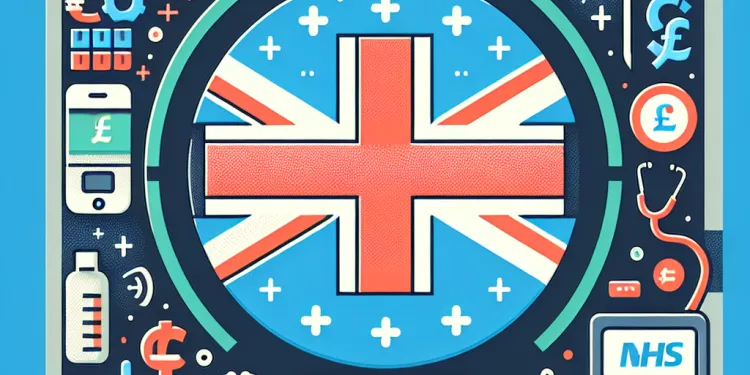
How can I become an NHS Nurse in the UK?
Relevance: 42%
-
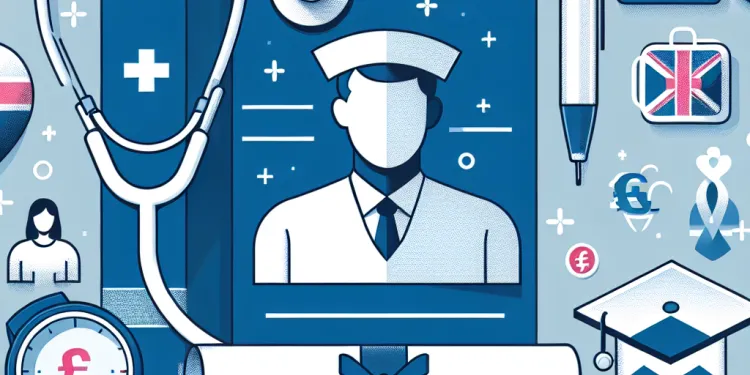
Can I become a nurse in the NHS with a nursing diploma?
Relevance: 40%
-

The role of residential & nursing homes
Relevance: 39%
-

Can I become an NHS nurse if I have international nursing qualifications?
Relevance: 39%
-
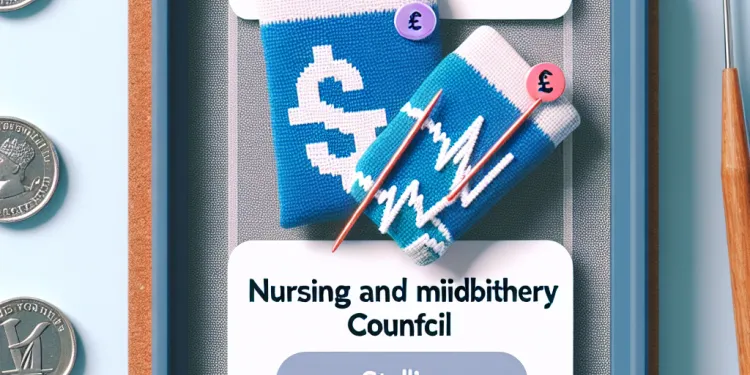
Do I need to be registered with the Nursing and Midwifery Council (NMC) to work as an NHS nurse?
Relevance: 39%
-

How does the National Trust support career development?
Relevance: 37%
-
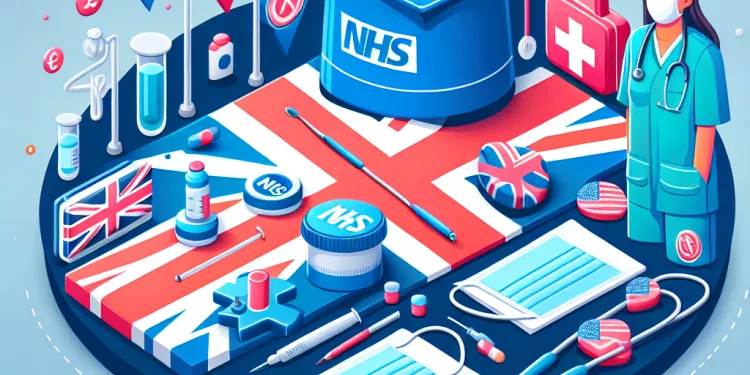
Are there any apprenticeship routes to becoming an NHS nurse?
Relevance: 36%
-

How long does it take to become an NHS nurse?
Relevance: 36%
-
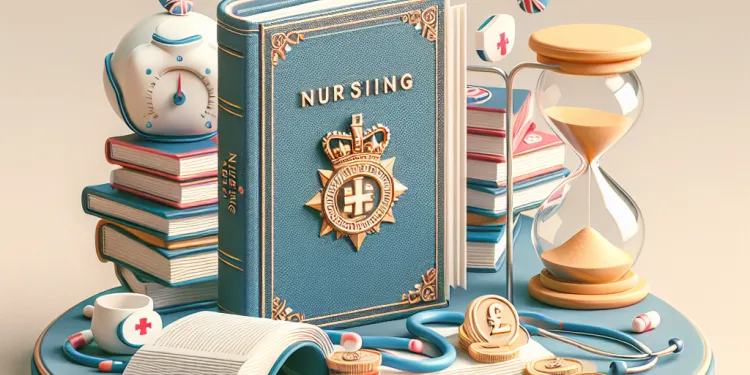
Is it possible to study nursing part-time?
Relevance: 35%
-

What funding options are available for nursing students in the UK?
Relevance: 34%
-

The role of residential and nursing homes
Relevance: 34%
-
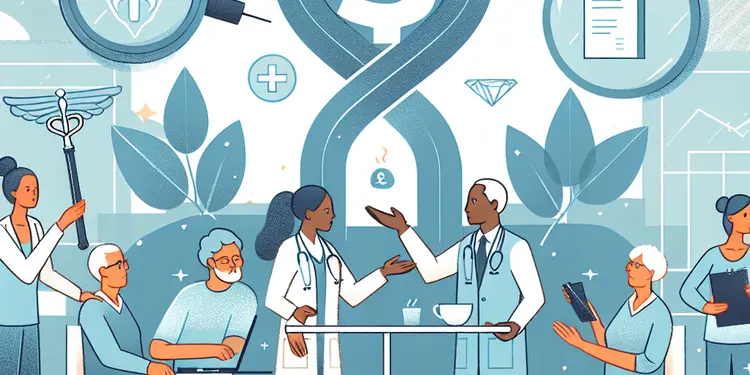
What is the role of healthcare professionals in supporting carers?
Relevance: 34%
-

How are care homes different from nursing homes?
Relevance: 34%
-

What types of nursing degrees can I pursue?
Relevance: 34%
-
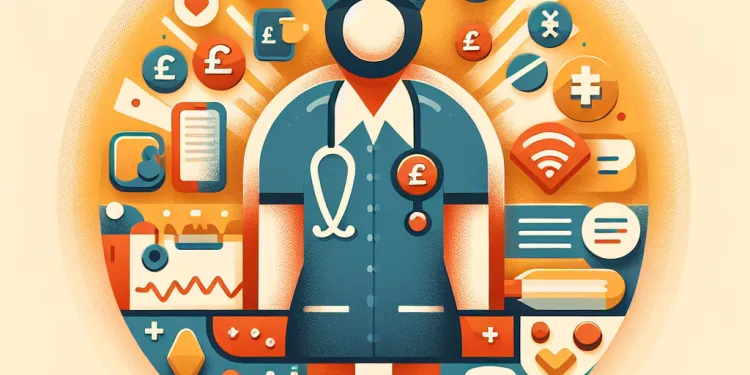
What skills are important for a career in nursing?
Relevance: 33%
-
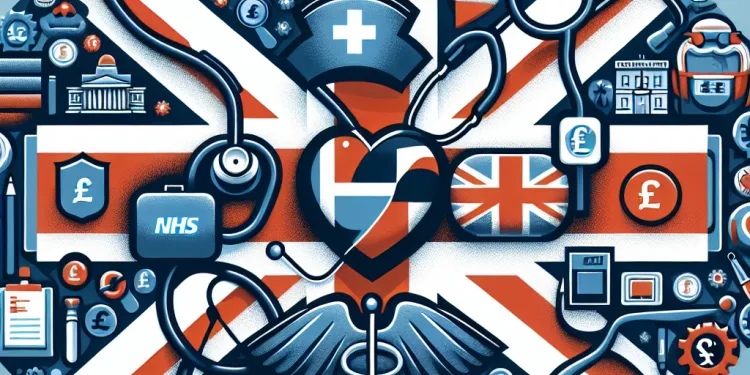
What are the basic educational requirements to become an NHS nurse?
Relevance: 33%
-

How important is work experience for entering a nursing program?
Relevance: 33%
-

Is live-in care an alternative to nursing homes?
Relevance: 32%
-
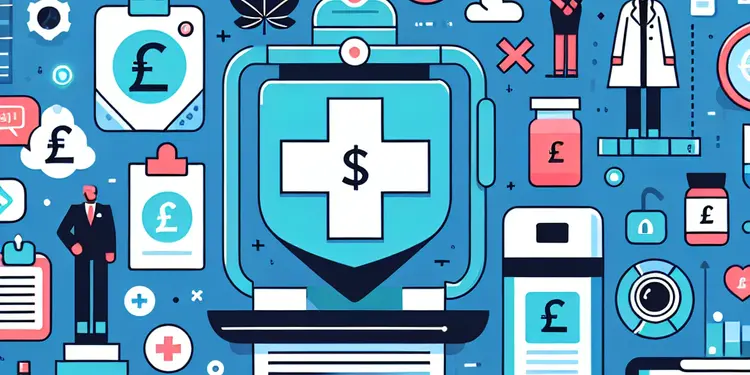
Are there professional organizations for primary care support workers?
Relevance: 32%
-

Can a Ring Doorbell Camera record continuously?
Relevance: 31%
-
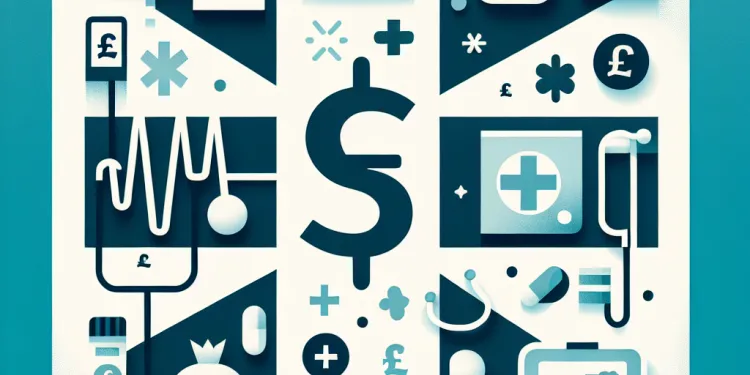
Is there a minimum age requirement to start nurse training?
Relevance: 31%
-

How can I advance my career as a primary care support worker?
Relevance: 31%
-
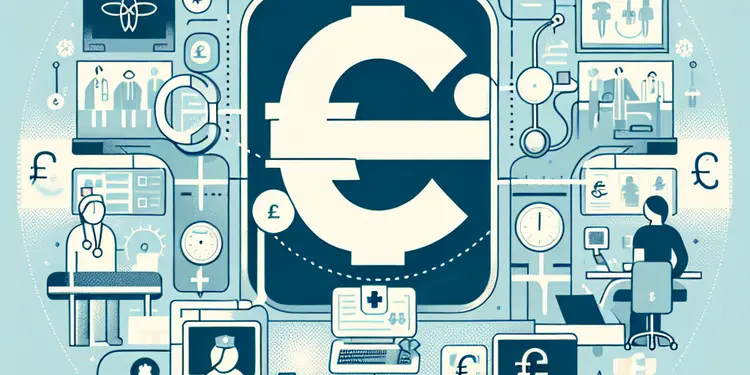
Will I still have access to doctors and nurses on a virtual ward?
Relevance: 30%
-

How do I choose a good nursing home?
Relevance: 30%
-

What is the process for applying to a nursing degree course?
Relevance: 30%
-
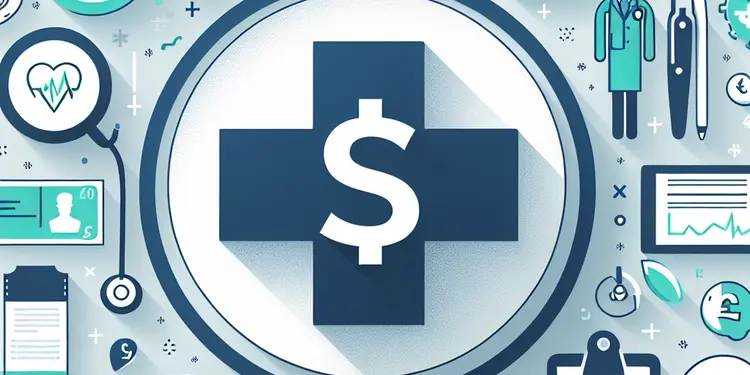
Are there opportunities for specialization in primary care support?
Relevance: 30%
-

How can seniors access long-term care support?
Relevance: 29%
-

What GCSEs or A-Levels do I need to become a nurse?
Relevance: 29%
-

Who is at risk of developing shingles?
Relevance: 29%
-

How do AI and robotic systems improve the workflow in healthcare settings?
Relevance: 28%
-

South London Arrhythmia Nurses Forum (16 June 2022)
Relevance: 28%
-
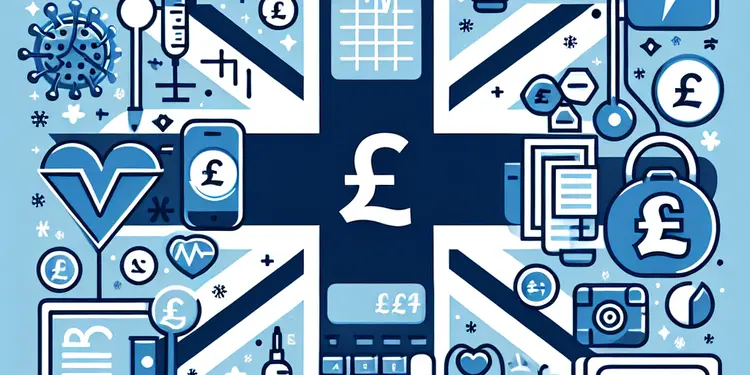
How can I improve my skills in primary care support?
Relevance: 28%
-

Who is at risk of developing eczema?
Relevance: 27%
-

Can I continue running during pregnancy?
Relevance: 26%
-

Is mentorship available for primary care support workers?
Relevance: 26%
-

What is the impact of a professional negligence claim on a professional's career?
Relevance: 26%
-
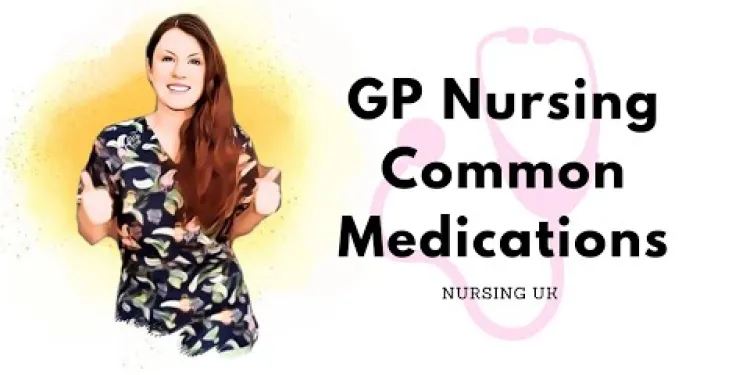
GP Nursing Most Common Medications UK.
Relevance: 26%
-

How can professionals avoid negligence claims?
Relevance: 25%
Introduction
The continuing professional development (CPD) of NHS nurses is essential to maintaining high standards of patient care and ensuring that nurses are equipped with the latest skills and knowledge. Various support systems are in place to assist NHS nurses in their professional growth and development. These systems provide resources, funding, and guidance to facilitate ongoing education and career progression.
Educational and Training Programs
The NHS offers a wide range of educational programs designed to support nurses in their CPD. These include access to formal academic courses, short workshops, and on-the-job training sessions. Many hospitals have affiliations with universities and colleges, offering nurses the opportunity to pursue further qualifications such as diplomas, degrees, and master's programs. Additionally, the National Health Service provides access to online learning platforms that offer courses tailored to specific areas of nursing practice and specialisms.
Mentorship and Peer Support
Mentorship programs are a critical support system for NHS nurses. Experienced nurses and health professionals provide guidance, advice, and encouragement to help less experienced colleagues navigate their career pathways. Peer support groups also provide valuable opportunities for nurses to share knowledge, discuss challenges, and learn from each other's experiences. These support networks are fundamental in fostering a collaborative learning environment and enhancing job satisfaction.
Funding and Financial Support
Funding is available to NHS nurses to support their CPD activities. The NHS often provides financial assistance for courses, workshops, and conferences that are directly related to a nurse's role and professional development. Additionally, various bursaries, scholarships, and grants are available from professional bodies and trusts to further ease the financial burden of continuing education.
Professional Bodies and Organizations
Professional bodies such as the Royal College of Nursing (RCN) offer extensive resources and support for CPD. Membership with these organizations often provides access to exclusive training resources, professional journals, and a wealth of information on best practices. They also conduct various seminars, conferences, and webinars that contribute towards CPD requirements.
Workplace Learning and Development
NHS employers often have dedicated learning and development departments that focus on the CPD of their staff. These departments organize in-house courses, workshops, and simulate scenarios that reflect real-life clinical situations. Such initiatives not only enhance clinical skills and knowledge but also promote a culture of continuous improvement and lifelong learning within the healthcare environment.
Conclusion
Continuing professional development for NHS nurses is supported through a variety of systems including educational programs, mentorship, funding, professional bodies, and workplace initiatives. These support systems facilitate a culture of growth, ensuring that nurses continue to deliver high-quality care and adapt to the dynamic landscape of the healthcare industry.
Introduction
NHS nurses need to keep learning to take good care of patients. There are many ways to help nurses learn new things. This help includes information, money, and advice so they can keep growing in their jobs.
Learning and Training
The NHS has many ways for nurses to learn. Nurses can go to classes, short courses, and learn while working. Some hospitals work with schools so nurses can get more education like diplomas and degrees. The NHS also has online courses for different nursing jobs.
Help from Mentors and Friends
Mentors are experienced nurses who help and advise other nurses. Nurses also have groups where they can talk and learn from each other. This support helps nurses feel happier in their jobs.
Money and Help for Learning
NHS nurses can get money to help pay for learning. This money can help pay for courses and workshops. There are also bursaries and scholarships to make learning easier.
Professional Groups
Groups like the Royal College of Nursing (RCN) offer lots of help. Members get training, information, and can attend meetings to learn more. These activities help nurses learn and grow in their jobs.
Learning at Work
NHS workplaces have teams that focus on helping staff learn. They plan courses and real-life practice sessions. This helps nurses get better at their jobs and keep improving.
Conclusion
NHS nurses have many ways to keep learning, like courses, mentors, money help, professional groups, and work learning. This support helps them give better care and keep up with changes in healthcare.
Frequently Asked Questions
What is continuing professional development (CPD) for NHS nurses?
Continuing professional development (CPD) for NHS nurses involves ongoing learning and training activities that enhance their skills, knowledge, and competencies throughout their careers.
Why is CPD important for NHS nurses?
CPD is important for NHS nurses to ensure they remain up-to-date with the latest medical practices, improve patient care, and meet regulatory requirements.
What are the mandatory CPD requirements for NHS nurses?
NHS nurses must meet the Nursing and Midwifery Council (NMC) requirements, which include 35 hours of learning activity every three years, 20 of which must be participatory.
How can NHS nurses access CPD opportunities?
NHS nurses can access CPD opportunities through online courses, workshops, conferences, in-house training sessions, and academic courses offered by their trust or external providers.
Are CPD activities funded by the NHS?
Some CPD activities may be funded by the NHS or the nurse's employing trust, while others may require personal funding or support from professional organizations.
What online resources are available for NHS nurses' CPD?
Online resources include e-learning platforms like e-LfH (e-Learning for Healthcare), FutureLearn, and other accredited online courses.
Can attending conferences contribute to CPD hours for NHS nurses?
Yes, attending conferences can contribute to CPD hours if they are relevant to nursing practice and provide opportunities for participatory learning.
What is the role of the Nursing and Midwifery Council in CPD?
The Nursing and Midwifery Council sets the standards for CPD, including requirements for revalidation, which NHS nurses must fulfill to maintain their registration.
How can NHS nurses track and document their CPD activities?
NHS nurses can track and document their CPD activities using a professional portfolio, either paper-based or digital, detailing their learning activities and reflections.
What is participatory CPD activity?
Participatory CPD activities involve interactive learning, such as attending workshops, seminars, or group activities, where nurses engage with others in learning.
Are mentorship programs part of CPD for NHS nurses?
Yes, mentorship programs can be part of CPD, offering guidance, support, and knowledge-sharing opportunities that contribute to professional growth.
Can NHS nurses take academic courses as part of their CPD?
Yes, NHS nurses can enroll in academic courses like diplomas, bachelor's, master's, or specialist nursing courses that can contribute to their CPD.
Do NHS Trusts support nurses in CPD activities during work hours?
Many NHS Trusts encourage CPD and may allow protected time during work hours for CPD activities or provide flexible scheduling to accommodate learning.
How does reflection play a role in CPD for NHS nurses?
Reflection is a key component of CPD, allowing nurses to consider what they have learned, how it impacts their practice, and identify further areas for development.
Are there specific CPD programs for specialized nursing roles?
Yes, there are CPD programs tailored for specialized nursing roles such as neonatal nursing, mental health nursing, and others, offered by professional bodies and educational institutions.
Can peer reviews be part of CPD for NHS nurses?
Yes, peer reviews are an effective way for nurses to receive feedback on their practice, which can be a valuable component of their CPD.
What support do professional nursing bodies provide for CPD?
Professional nursing bodies offer resources, workshops, guidelines, and networking opportunities to support nurses' CPD.
Can NHS nurses claim CPD credits for voluntary work?
Voluntary work can count towards CPD if it involves learning relevant to nursing practice, accompanied by reflective documentation.
What financial support is available for NHS nurses pursuing CPD?
Financial support may be available through NHS bursaries, scholarships from professional organizations, or funding from the employing NHS Trust for specific CPD activities.
How often must NHS nurses revalidate their registration with NMC?
NHS nurses must revalidate their registration with the NMC every three years, demonstrating they have met CPD requirements and have maintained their practice standards.
What is CPD for NHS Nurses?
CPD means learning new things at your job. For NHS nurses, it helps them be better at their work.
Nurses do CPD by going to classes, workshops, or training. They can also read books or watch videos.
This learning helps nurses keep up with changes in healthcare.
Tools like online courses and apps make learning easy. Nurses can also talk to mentors for help.
CPD for NHS nurses is about learning and training to get better at their jobs. This helps them learn new things and improve their skills all the time.
Why is Learning Important for NHS Nurses?
NHS nurses need to keep learning new things to help them do their job better.
This learning is called CPD, which means Continuing Professional Development.
CPD helps nurses to:
- Take care of patients safely.
- Understand new tools and medicines.
- Feel more confident in their work.
Nurses can use books, online courses, or workshops to learn.
Asking for help from teachers or friends is a good idea, too!
CPD helps NHS nurses learn new things. It is important so they can give the best care to patients, keep up with new medical ways, and follow rules.
What do NHS nurses need to learn each year?
Every year, NHS nurses must keep learning new things. This is called CPD or Continuing Professional Development.
Here is what they need to do:
- Learn for 35 hours each year.
- 20 of those hours must be with other people, like in a class or workshop.
- Write down what they learn in a simple way. This is called a reflection.
- Show that they can do their job well.
Some helpful tools or techniques for learning:
- Use videos or pictures to help understand new things.
- Practice new skills with a friend or in a group.
- Ask a mentor or teacher for help when needed.
NHS nurses need to do special learning to follow the Nursing and Midwifery Council (NMC) rules. Every three years, they must learn for 35 hours. Out of these, 20 hours should be done with others, like in a group or a class.
For extra help, nurses can use learning tools like educational videos or online courses to make learning easier and more fun.
How can NHS nurses find learning chances?
NHS nurses can learn new things to help at their job. Here are some ways they can find learning chances:
- Ask a Boss: Nurses can talk to their manager about learning classes.
- Look Online: Nurses can search the NHS website for learning programs.
- Go to Nurse Meetings: Nurses can attend meetings or workshops where they can learn new skills.
If finding it hard, tools like text-to-speech can help by reading out loud. A helper or friend can also explain things. Always ask questions if something is not clear.
NHS nurses can learn new things with many different options. They can use online courses, go to workshops, attend conferences, join training sessions at work, or take academic courses. These are offered by their work or other places.
Does the NHS pay for CPD activities?
CPD means learning new things to help you do your job better. Sometimes, the NHS can help pay for these learning activities. You can ask your workplace or a manager if the NHS will cover the cost for you.
If you find it hard to understand, you can use tools like read-aloud apps to help. These apps can read the information out loud to you. Also, asking a friend or family member to explain can be helpful.
Some learning activities for nurses might get money from the NHS or the hospital where the nurse works. Other times, nurses might have to pay themselves or get help from special groups for nurses.
Where can NHS nurses find online learning tools?
NHS nurses can use the internet to learn more and get better at their jobs. Here are some online tools that can help:
- NHS Learning Hub: Nurses can find lots of courses and videos to learn new things.
- e-Learning for Healthcare: This website has lessons for nurses to help them with their work.
- Webinars and Podcasts: Nurses can listen to talks and interviews to learn about new topics.
Nurses can also use apps and audiobooks to learn in a fun way. Remember, learning new things can help nurses take better care of patients.
You can use online tools to help you learn. Some places you can visit are e-LfH, which stands for e-Learning for Healthcare, and FutureLearn. These websites have special classes you can take online.
Do conferences help NHS nurses with their learning hours?
NHS nurses need to learn new things to keep their skills up to date. This is called CPD, which stands for Continuing Professional Development.
Going to conferences can be a way for nurses to learn and gain CPD hours.
Conferences are meetings where people talk about important topics. Nurses can learn from experts, join workshops, and meet other nurses.
Nurses can use helpful tools like note-taking apps on their phones to remember important information from conferences.
Asking questions and talking to speakers can also help nurses learn more.
Yes, going to conferences can count as CPD hours if they are about nursing and let you join in and learn.
What does the Nursing and Midwifery Council do for learning?
The Nursing and Midwifery Council (NMC) helps nurses and midwives keep learning throughout their jobs. This is called CPD, or continuing professional development.
Here are some ways the NMC helps:
- The NMC makes rules that tell nurses and midwives what they need to learn.
- The NMC gives advice on how to keep learning new things.
- The NMC checks to make sure nurses and midwives are learning and improving.
Tools to help with learning:
- Checklists: Use lists to remember what to learn.
- Workshops: Join groups to learn together.
- Mentors: Ask someone with experience to help you learn.
Using these tools can make learning easier and more fun!
The Nursing and Midwifery Council (NMC) is in charge of making rules for nurses' learning and training. They have rules called CPD. Nurses working in the NHS need to follow these rules so they can keep working as registered nurses.
How can NHS nurses keep track of their learning activities?
NHS nurses can keep a record of their learning and development activities. They can write it down on paper or use a computer. This helps them remember what they have learned and think about it.
What is participatory CPD activity?
Participatory CPD activity is a way for people to learn and grow together. CPD stands for Continuing Professional Development. It means learning new things to get better at your job.
In participatory CPD, people share ideas and work together. It makes learning fun and helps everyone learn more.
Support tools can help too, like:
- Videos that show you how to do things.
- Pictures to help explain ideas.
- Games that help you practice what you learn.
Participatory CPD activities are ways for nurses to learn by joining in. This can mean going to workshops, meetings, or group activities. Nurses learn by talking and working with other people.
Do NHS nurses have mentorship programs as part of their training?
NHS nurses take part in training to get better at their job. This training is called CPD, which means Continuing Professional Development.
One way they learn is through mentorship programs. This means a more experienced nurse helps and guides a younger nurse.
To understand more, use tools like simple guides, videos, or ask someone to explain. It's okay to ask questions if you don't understand.
Yes, mentor programs can help you learn and grow in your job. Mentors can give you advice, help, and share what they know with you.
Can NHS Nurses Study for Courses to Help Them Learn More?
Nurses who work for the NHS can study courses to learn new things. This is called Continuing Professional Development (CPD).
CPD helps nurses keep their skills up to date. It is like going back to school to learn more.
Nurses can talk to their employers about the courses they want to take. There are many courses to choose from.
Special tools, like apps or websites, can help nurses with their study. Using a calendar can help them plan their learning time.
Support from friends or coworkers is important for learning too. They can study together or help each other.
Yes, NHS nurses can take classes to learn more. They can study for diplomas, bachelor's degrees, master's degrees, or special nursing courses. These help them keep learning and growing in their jobs.
Do NHS Trusts help nurses with learning at work?
Lots of NHS Trusts want workers to keep learning. They might let workers have special time during work to learn. They might also let workers have a flexible schedule to help with learning.
How does thinking about my work help NHS nurses learn and grow?
Thinking about your work, called reflection, helps NHS nurses get better at their jobs. It means looking back at what you did and learning from it.
Here is how it can help you:
- Learn from experiences: Think about what went well and what could be better next time.
- Problem-solving: Find new ways to fix problems you face at work.
- Confidence: Feel more sure about the work you do.
- Working with others: Improve how you work in a team.
Try using tools like a journal to write down your thoughts, or talk with a mentor who can give you advice.
Thinking about your work helps nurses learn and get better at their jobs. It lets them see what they have learned and find ways to improve even more.
Are there special learning programs for different nursing jobs?
If you are a nurse, you can do extra learning to get better at your job. These are called learning programs.
Some nurses have special jobs, like looking after babies or helping fix broken bones. They can do special learning programs just for those jobs.
Tools to help you learn:
- Watch videos for more information.
- Look at pictures to help understand better.
- Ask someone to explain things you find hard.
Yes, there are special learning programs for nurses who do specific work. For example, there are programs for nurses who take care of newborn babies and for nurses who help people with mental health issues. These programs are made by groups and schools.
You can use tools like text-to-speech apps to help you listen to the text. It can also be helpful to talk about what you learn with friends or teachers.
Can Peer Reviews Help NHS Nurses Learn?
NHS nurses can use peer reviews to learn new skills. This can be part of their CPD, which means Continuous Professional Development. CPD helps nurses keep getting better at their jobs.
Nurses talk with each other and share ideas during peer reviews. They give advice and help each other improve. This way, everyone gets better at caring for patients.
For help with understanding and learning from peer reviews, nurses can:
- Use simple checklists to know what to look for.
- Ask a friend or supervisor for help if they have questions.
- Practice with role-playing or group activities.
- Watch videos or use apps that explain things clearly.
This makes learning fun and easy!
Yes, peer reviews help nurses get feedback from their coworkers. This feedback helps them improve their skills and counts as part of their continued learning.
How do nurses get help to learn more at work?
Professional nursing groups help nurses keep learning. This is called CPD, or Continuing Professional Development. Nurses need to keep learning to do their best job.
Here are some ways these groups help:
- Workshops: Nurses can go to classes to learn new things.
- Online courses: Nurses can learn on the internet by taking courses.
- Mentoring: Experienced nurses can help and guide newer nurses.
- Conferences: Nurses can meet other nurses to share ideas and learn.
These tools help nurses be better at their jobs and care for people well.
Professional nursing groups help nurses learn and grow. They have tools, workshops, rules, and chances to meet other nurses.
Can NHS nurses earn learning points for volunteer work?
NHS nurses can do volunteer work to help others. But can they earn learning points for this? Learning points help nurses keep up their skills. Nurses might need to ask their bosses if their volunteer work counts. To help, nurses can use a simple calendar to track their volunteer hours. They can also write down what they learn from the work. This information might help when asking if their work counts for learning points.
Helping others without getting paid can count as learning. This works if you learn things useful for being a nurse. You should also write down what you learn and think about it.
What money help can NHS nurses get for learning more?
NHS nurses can get help with money to learn new things for their job. This can be called training or courses. Here are some ways they can get help:
- Ask their boss: Nurses can talk to their boss to see if they can help pay for the learning.
- Special funds: Sometimes there are special pots of money just for nurses to learn new things.
Using tools can also help. Pictures, videos, and speaking to someone about the information can make it easier to understand.
You might be able to get some money help. This help can come from NHS bursaries, scholarships from special groups, or money from the NHS Trust you work for to learn new things for your job.
Here are some things that can help you understand better:
- Ask someone you trust to explain tricky words.
- Use text-to-speech tools to read it out loud.
- Break the text into smaller parts and read slowly.
How often do NHS nurses need to check their NMC registration?
NHS nurses must update their registration with the NMC every three years. This is called "revalidation". It helps make sure nurses are keeping their skills and knowledge up to date.
Tools like calendars or reminder apps can help nurses remember when it’s time to revalidate.
NHS nurses need to renew their registration with the NMC every three years. This helps show they have done their training and are doing a good job.
Useful Links
This website offers general information and is not a substitute for professional advice.
Always seek guidance from qualified professionals.
If you have any medical concerns or need urgent help, contact a healthcare professional or emergency services immediately.
Some of this content was generated with AI assistance. We’ve done our best to keep it accurate, helpful, and human-friendly.
- Ergsy carfully checks the information in the videos we provide here.
- Videos shown by Youtube after a video has completed, have NOT been reviewed by ERGSY.
- To view, click the arrow in centre of video.
- Most of the videos you find here will have subtitles and/or closed captions available.
- You may need to turn these on, and choose your preferred language.
- Go to the video you'd like to watch.
- If closed captions (CC) are available, settings will be visible on the bottom right of the video player.
- To turn on Captions, click settings .
- To turn off Captions, click settings again.
More Items From Ergsy search
-

What support systems are available to NHS nurses for continuing professional development?
Relevance: 100%
-

What are the career progression opportunities for NHS nurses?
Relevance: 44%
-

How can I become an NHS Nurse in the UK?
Relevance: 42%
-

Can I become a nurse in the NHS with a nursing diploma?
Relevance: 40%
-

The role of residential & nursing homes
Relevance: 39%
-

Can I become an NHS nurse if I have international nursing qualifications?
Relevance: 39%
-

Do I need to be registered with the Nursing and Midwifery Council (NMC) to work as an NHS nurse?
Relevance: 39%
-

How does the National Trust support career development?
Relevance: 37%
-

Are there any apprenticeship routes to becoming an NHS nurse?
Relevance: 36%
-

How long does it take to become an NHS nurse?
Relevance: 36%
-

Is it possible to study nursing part-time?
Relevance: 35%
-

What funding options are available for nursing students in the UK?
Relevance: 34%
-

The role of residential and nursing homes
Relevance: 34%
-

What is the role of healthcare professionals in supporting carers?
Relevance: 34%
-

How are care homes different from nursing homes?
Relevance: 34%
-

What types of nursing degrees can I pursue?
Relevance: 34%
-

What skills are important for a career in nursing?
Relevance: 33%
-

What are the basic educational requirements to become an NHS nurse?
Relevance: 33%
-

How important is work experience for entering a nursing program?
Relevance: 33%
-

Is live-in care an alternative to nursing homes?
Relevance: 32%
-

Are there professional organizations for primary care support workers?
Relevance: 32%
-

Can a Ring Doorbell Camera record continuously?
Relevance: 31%
-

Is there a minimum age requirement to start nurse training?
Relevance: 31%
-

How can I advance my career as a primary care support worker?
Relevance: 31%
-

Will I still have access to doctors and nurses on a virtual ward?
Relevance: 30%
-

How do I choose a good nursing home?
Relevance: 30%
-

What is the process for applying to a nursing degree course?
Relevance: 30%
-

Are there opportunities for specialization in primary care support?
Relevance: 30%
-

How can seniors access long-term care support?
Relevance: 29%
-

What GCSEs or A-Levels do I need to become a nurse?
Relevance: 29%
-

Who is at risk of developing shingles?
Relevance: 29%
-

How do AI and robotic systems improve the workflow in healthcare settings?
Relevance: 28%
-

South London Arrhythmia Nurses Forum (16 June 2022)
Relevance: 28%
-

How can I improve my skills in primary care support?
Relevance: 28%
-

Who is at risk of developing eczema?
Relevance: 27%
-

Can I continue running during pregnancy?
Relevance: 26%
-

Is mentorship available for primary care support workers?
Relevance: 26%
-

What is the impact of a professional negligence claim on a professional's career?
Relevance: 26%
-

GP Nursing Most Common Medications UK.
Relevance: 26%
-

How can professionals avoid negligence claims?
Relevance: 25%


